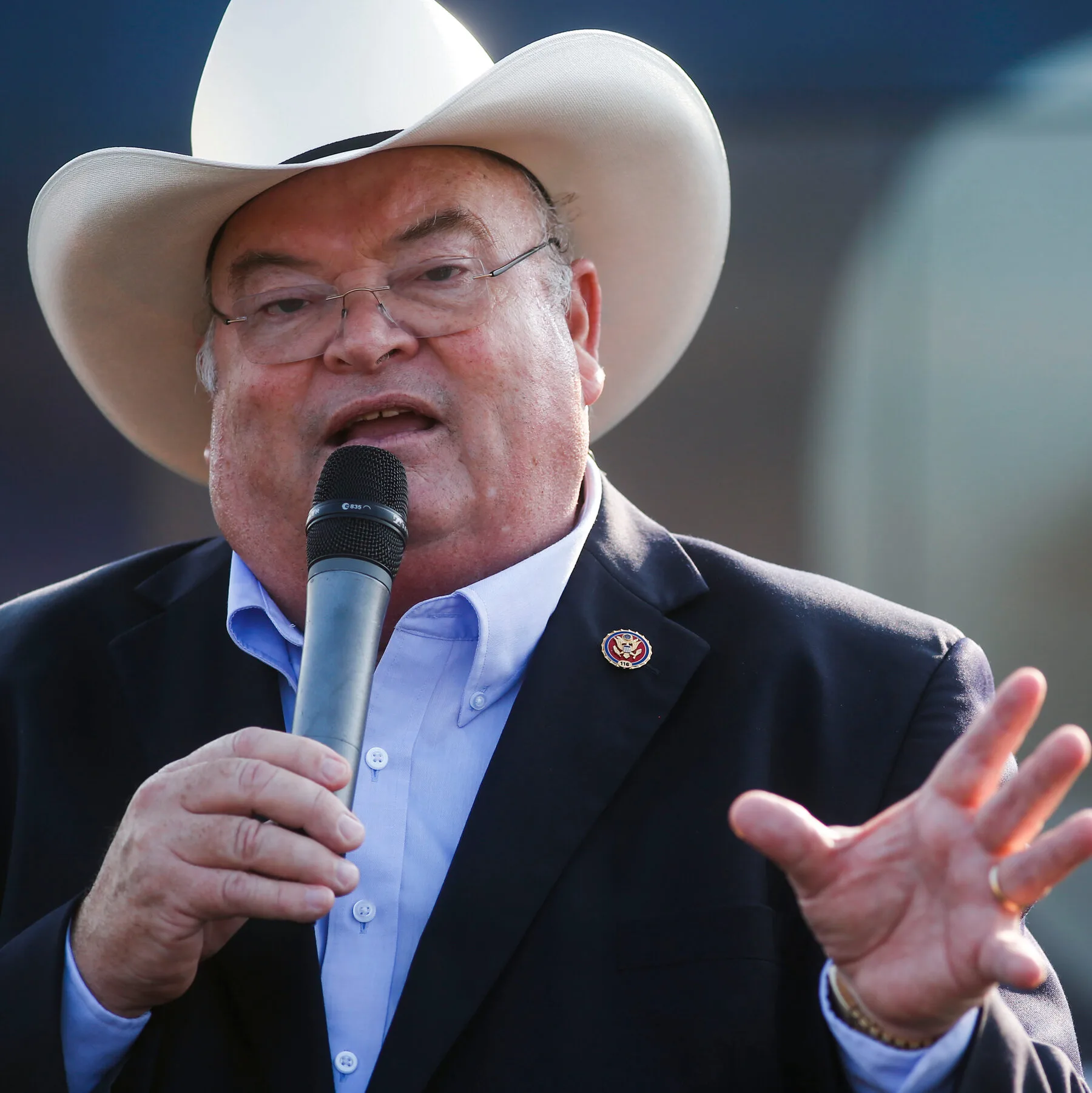In a significant move within the realm of U.S. tax policy, former President Donald Trump has nominated Billy Long, a former Republican congressman from Missouri, to become the new Commissioner of the Internal Revenue Service (IRS). Trump made the announcement during a press conference at his Mar-a-Lago estate in Palm Beach, Florida, where he emphasized Long’s integrity and experience in dealing with fiscal issues, stating, ‘Billy has a long record of defending taxpayers and understanding our tax code.’
Long, who served in the U.S. House of Representatives from 2011 until January 2023, is well-known for his vigorous stance against tax hikes and has consistently advocated for reducing the IRS’s size and scope. In his nomination speech, he expressed a commitment to simplifying the tax process for everyday Americans. ‘My mission will be to ensure that the IRS works for the people, not against them,’ Long declared.
His nomination comes at a time when the IRS is facing increased scrutiny and challenges, particularly surrounding customer service and tax enforcement. Many experts believe having a former congressman at the helm could help revive the agency’s public image and streamline its operations.
Long’s appointment will require approval from the Senate, where his party affiliations and previous congressional experience may work in his favor. If confirmed, he will step into the role that has been marked by partisan conflict and extensive reforms aimed at improving taxpayer experiences.
As Long prepares for potential confirmation hearings, he has already begun gathering support from various political factions, emphasizing that his vision aligns with improving taxpayer trust and efficiency.
The announcement has sparked a mixture of reactions among political analysts; some praise Long’s experience, while others remain skeptical about the effectiveness of political nominees in administrative roles.
As the IRS anticipates modernization reforms, Long’s leadership will play a crucial role in determining the future of taxation in the United States, particularly as the government aims to increase tax compliance and transparency in its operations.












